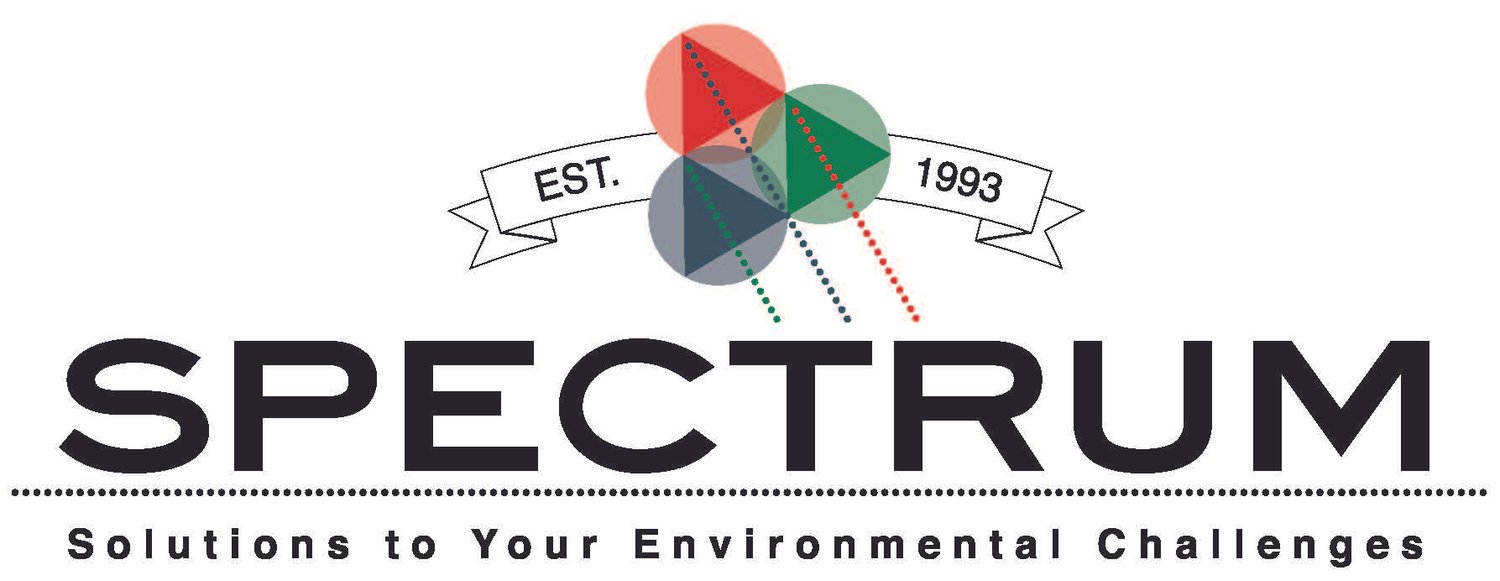Universal Waste Recycling
Universal waste refers to certain types of waste that is generated by a wide range of businesses and households. These types of waste are considered hazardous to the environment and are considered "universal" because they are generated by nearly all businesses and individuals.
Because of the volume of waste being generated, the U.S. Environmental Protection Agency (EPA) has established universal waste regulations to encourage businesses and individuals to recycle or properly dispose of these types of wastes in a relatively-simple and environmentally sound manner, especially for smaller-quantity generators of this type of waste.
Here are some examples of universal wastes, along with why they are considered hazardous:
Batteries:
Most batteries contain toxic and corrosive materials such as lead, cadmium, mercury, lithium, sulfuric acid, and other heavy metals. Exposure to these substances can harm human health and the environment. In addition, some types of batteries, such as lithium-ion batteries, can be prone to overheating and may catch fire or explode if improperly handled or damaged.
Fluorescent and HID Bulbs:
Fluorescent and HID bulbs contain small amounts of mercury vapor. Mercury is a toxic heavy metal that can have adverse health effects on people and the environment. If fluorescent bulbs, lamps, and tubes are mishandled or disposed of improperly, they can release mercury vapor into the environment.
Mercury-Containing Equipment:
There are a wide variety of devices that contain elemental mercury, including thermometers, barometers, manometers, and thermostats. Just like fluorescent bulbs, disposal of these devices needs to be managed properly to ensure no mercury is released into the environment.
Pesticides (under specific circumstances):
It makes sense that pesticides are considered hazardous because of their toxicity; after all, they are created for the purpose of killing unwanted pests. However, EPA universal waste regulations allow for pesticides to be managed as universal waste if they have been recalled and if they are either stocks of a suspended and canceled pesticide that are part of a voluntary or mandatory recall under FIFRA Section 19(b) or a pesticide that is not in compliance with FIFRA, that are part of a voluntary recall by the registrant. This requirement may be a little tricky to navigate, so if you’re in doubt, check with an environmental consulting firm like Spectrum Environmental Services for guidance.
Aerosol Cans:
Aerosol cans often contain flammable propellants under pressure, and mishandling or improper disposal of these cans can lead to an explosion or fire. In addition, the contents of many aerosol cans are toxic compounds that can cause harm to health and the environment.
Electronic Devices (computers, older TVs, and computer monitors):
Older TVs and computer monitors are considered hazardous waste because of the lead content in the glass, which can pose environmental and health risks if not managed properly. Computers contain batteries and circuit boards, both of which contain metals that are considered toxic if leached into the environment.
As you can see, there are many items commonly found throughout all businesses and homes that can be considered universal waste. Having a good universal waste management program in place at your business helps ensure regulatory compliance while conserving resources, lowering your disposal costs, protecting public health and the environment, and promoting a more circular and sustainable economy.
If you don’t have a universal waste management program in place, or if you would like to make improvements to your existing program, Spectrum Environmental Solutions can help! The Spectrum Sustainable Solutions Team is ready to help put together and execute a recycling program that is certain to help you stay in compliance, lower your transportation and disposal costs, and contribute to a more sustainable future!

